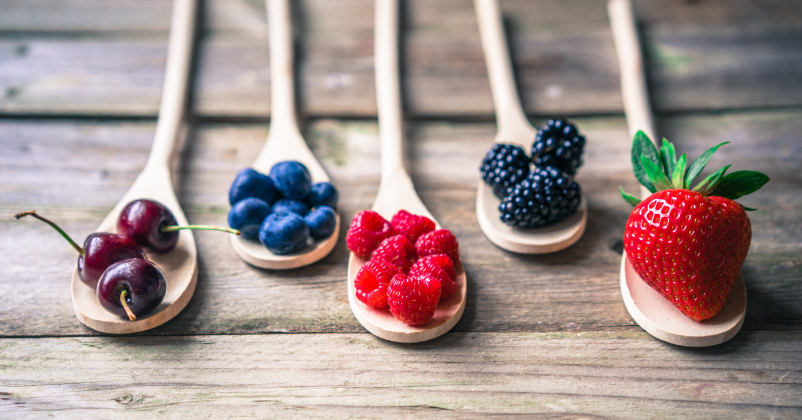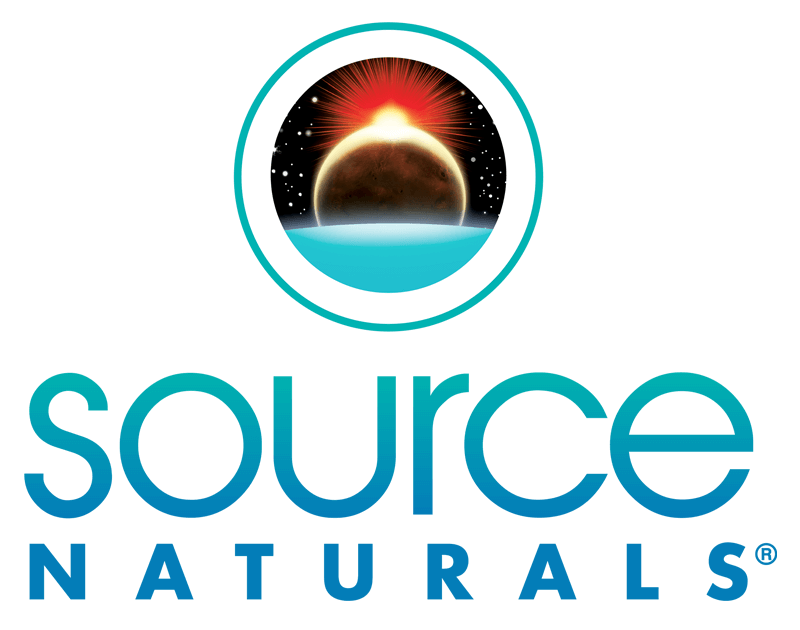
It’s one of the most familiar nutrients, present in the cells of nearly every animal on Earth. Ascorbic acid, or vitamin C, was named in the 1930s from the Latin a- (“without”) and scorbutus(“scurvy”) for its famous ability to prevent that malnutrition disorder.
What Is Vitamin C?
You need vitamin C for the growth, development, and repair of all your body tissues—so it’s no surprise that C is considered an essential nutrient. “Essential” also means that your body can’t produce C on its own. And C is water soluble, which means that your body can’t store it in meaningful quantities.
Since you can’t make it or store it, you need to get an adequate supply of vitamin C in your diet every day.
What C Does for You
Vitamin C is involved in so many critical body functions, some researchers have said that higher blood levels of vitamin C may be the ideal nutritional marker of good health.
- Collagen formation: C is required by the connective tissue that keeps your cells, muscles, and bones connected. It’s vital for the growth and repair of cartilage, tendons, ligaments, blood vessels, bones, and teeth.
- Metabolism: C supports the formation of L-carnitine, an amino acid involved in producing energy from fatty acids.
- Immune system: C is involved in producing white blood cells, the premier agents of your immune system, and helping them function more effectively.
- Antioxidant defense: A strong antioxidant, C helps protect your cells from free radical damage—the accumulation of free radicals (called oxidative stress) is linked to several chronic conditions.
- Healthy skin: C is actively transported to your skin as part of its natural defense system—there it acts to strengthen cell walls and encourage wound healing.
- Improved iron absorption: C improves your ability to absorb iron from plants and fortified foods. Eating foods with vitamin C alongside iron-rich foods—like a spinach salad with oranges or strawberries—makes that iron more available to your body.
- Respiration: While C can’t cure a cold, some studies have shown that it may help prevent more serious respiratory complications.
- Circulatory health: Research has shown that C supports healthy blood pressure. Some studies have found that higher blood levels of C are associated with a 42% lower risk of stroke, compared to people with the lowest levels—but more research is needed to see if that effect is a result of eating more produce overall.
- Cognitive support: C plays a key role in the biosynthesis of certain neurotransmitters. Some studies have shown that high vitamin C intake can support healthy memory function in seniors.
How to Get Your C
Vitamin C is abundant in fresh fruits and vegetables, so it’s easy to get the C you need from a balanced diet. Some of the best sources are:
- Citrus
- Strawberries, blueberries, and raspberries
- Cantaloupe
- Papaya
- Kiwifruit
- Mango
- Blackcurrant
- Guava
- Green and red peppers
- Broccoli
- Tomatoes
- White and sweet potatoes
- Cauliflower
- Dark leafy greens
- Brussels sprouts
- Winter squash
Remember that the C in food is reduced by long storage and destroyed by heat; it’s no coincidence that many of the best food sources of C are usually consumed raw.
If you don’t eat many fruits and vegetables, supplements are an excellent way to give your body the C it needs. Although water-soluble C doesn’t need dietary fat for metabolism, splitting it between breakfast and lunch can optimize absorption and keep your C levels high all day. (Avoid taking it with B vitamins, however, so it doesn’t interfere with absorption of those nutrients.)
Resources
You can find out more about the amazing vitamin C from the sources we consulted for this article.
Atti Arnarson, “The Water-Soluble Vitamins: C and B Complex,” Healthline.com, 11/3/17. Accessed 2/8/19.
Kadakkal Radhakrishnan, “The Benefits of Vitamin C: Why Your Child Needs It,” Cleveland Clinic Health Essentials, ClevelandClinic.org, 12/7/17. Accessed 2/8/19.
Kathleen Zelman, “The Benefits of Vitamin C,” WebMD.com, 1/7/10. Accessed 2/8/19.
KJ Carpenter, “The Discovery of Vitamin C,”Annals of Nutrition and Metabolism61(3), 11/26/12. Accessed 2/8/19.
Mario C. De Tullio, “The Mystery of Vitamin C,”Scitable by Nature Education, 2010. Accessed 2/8/19.
National Institutes of Health, “Vitamin C Fact Sheet for Health Professionals,” Office of Dietary Supplements, 9/18/18. Accessed 2/8/19.
Ryan Raman, “7 Impressive Ways Vitamin C Benefits Your Body,” Healthline.com, 4/18/18. Accessed 2/8/19.









